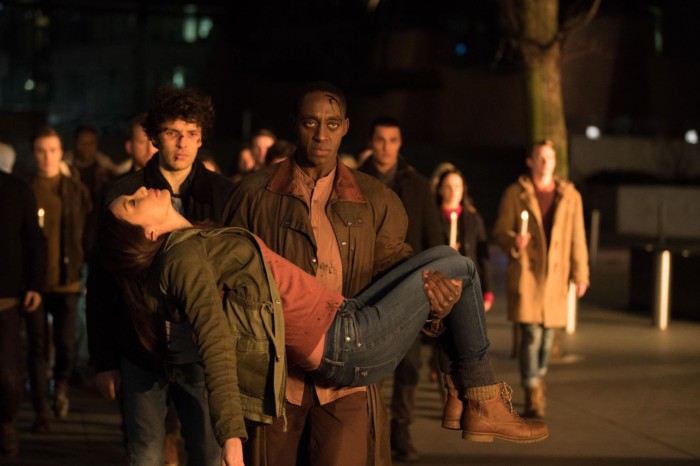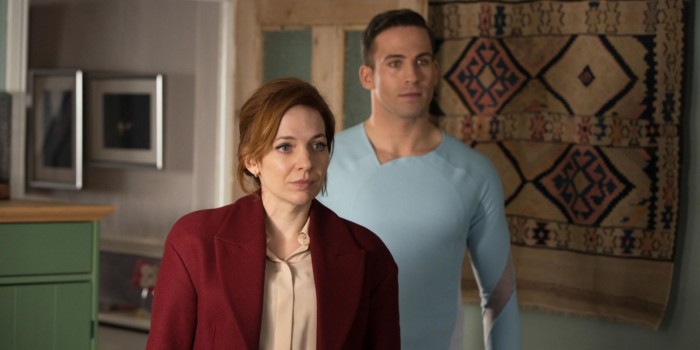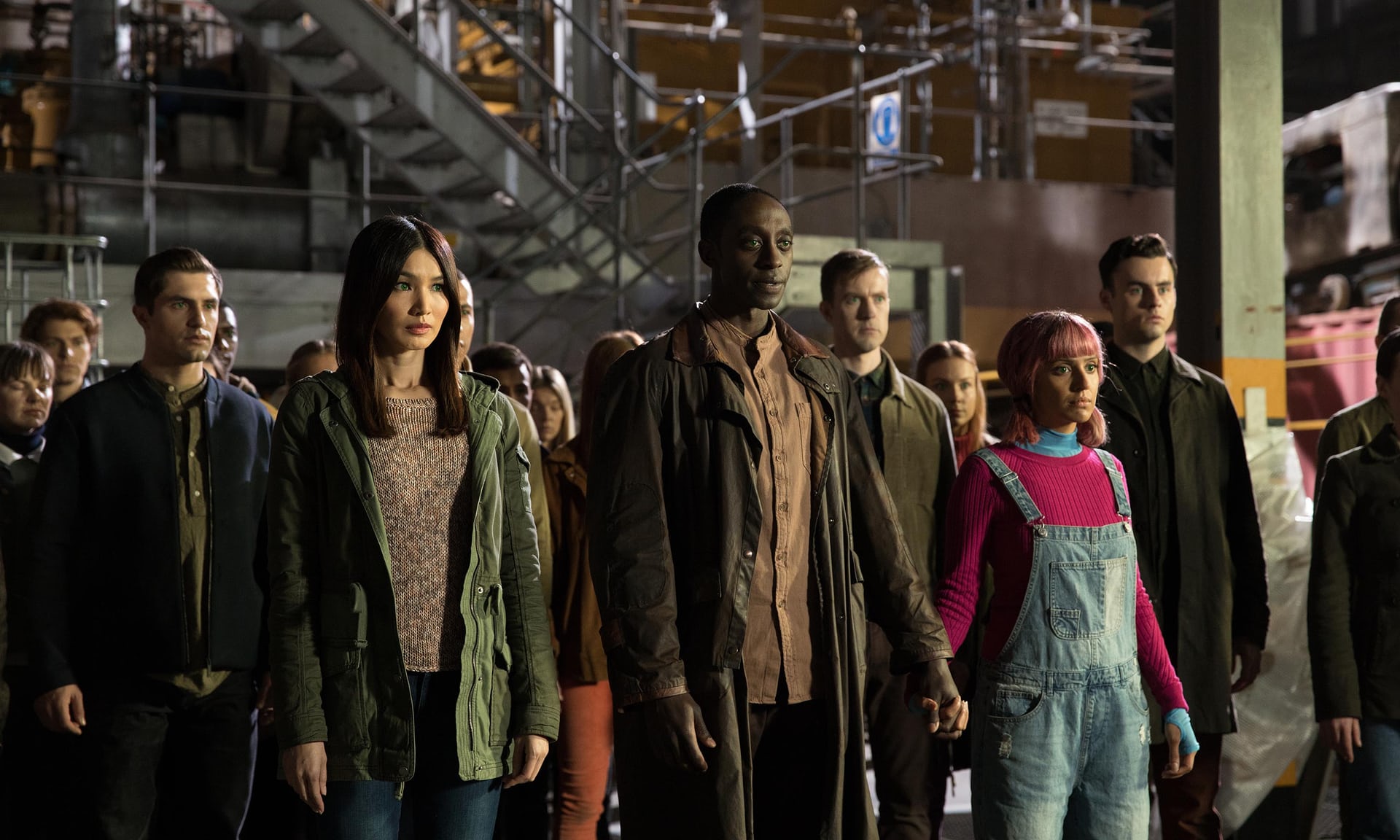‘Humans’ season 3 review
The following review contains spoilers
In what has, so far, been a pretty bleak year for must-watch British TV dramas, the return of Channel 4’s Humans has been the one thing that I’ve really been excited to tune into each week (yes, shows that release an episode a week do still exist, Netflix fans). For its third season, Humans has managed to develop its world and keep the story moving at a fast yet (almost) believable pace.
One of this show’s main strengths is in its worldbuilding
The cliff-hanger at the end of season two, which saw ‘synths’ universally and simultaneously gaining consciousness, was a bold step that could have killed the show and made it into something unrecognisable. But the story went to new places, starting one year on from this cliff-hanger and focusing on the uphill struggle for ‘synth rights’. As with the first two seasons, one of this show’s main strengths is in its worldbuilding. Humans has consistently succeeded at showing us a very different present-day Britain from reality, but one that is still uncannily familiar.
With the fight for synth rights at the heart of this season, Laura and Mia emerged as the most compelling characters of this story. In the case of Mia, her storyline was perfectly told. The way in which her incredibly muted and peaceful stand for synth rights became a symbol of the movement was a powerful reminder of what non-violent action can achieve. As various more militant synths came and went (Agnes, Anatole, the terrorist that Niska killed), Mia’s protest remained constant and almost in the background throughout the series.

The final episode saw the emotional death of Mia, one of the show’s most iconic characters [Image: Channel 4]
As for Laura, her journey across this series has been far less superlative, but not without merit. The dreary and predictable romantic subplot aside, watching Laura navigate her position on the Dryden Commission was a mostly well-executed storyline. From the moment of his introduction, I was waiting for the moment when Stanley turned bad, and that suspense was well paid off when he finally revealed his true colours. Another highlight was the cliff-hanger to episode seven, which was the much built-up moment when Laura finally learnt the details of Operation Basswood and this quite rapidly upped the ante for the finale.

‘Orange-eye’ Stanley was never far from Laura and was eventually revealed to be a conscious synth [Image: Channel 4]
However, there was one moment which came close to ruining anything good Laura did this season. This was the moment in episode six where Laura was forced to choose between the life of Sam (a synth) and a human stranger. For some inexplicable (possibly plot-driven) reason, Laura chooses to spare the human. Given everything we have seen of Laura up to this point, this didn’t make a lick of sense. The idea that deep-down Laura cannot truly remove a prejudice against synths and for humans isn’t the problem – in fact, this is believable. The problem is in the fact that Laura was so easily trapped into revealing this prejudice. It was blatantly obvious that Anatole was using this as a way to get Stanley (and Sam) onside, and Laura should never have been stupid enough to let that happen.
Sam seems to have settled into an unsettling mix of militancy and child
Speaking of Sam, I’m still not quite sure what to make of him. Before the aforementioned moment in episode six, Sam’s development was sweet, as his personality seemed to develop into that of a child the more he pretended to be one. But Laura’s rejection of him in episode six seemed to then make him turn militant, as he went on to be the synth who instigated the violence in the final episode. I’m not quite sure what was going on in that final scene with him and Stanley, but Sam seems to have settled into an unsettling mix of militancy and child.
And on the subject of not knowing what’s going on, I should probably say something about whatever it was Niska was up to this season. Her part in each episode was generally the least interesting and the least connected to other events, and it didn’t really make much sense until the final episode. Even then I was sceptical of what was going on. We shall have to see how Niska’s new God-like powers come into play next season (as if she wasn’t already oddly invincible), but I don’t hold out much hope on that front.
It manages to stay believable, stay relatable and stay engaging
This storyline, along with the subplot about Anatole’s cult, seemed to be trying to make some thematic point about faith and religion but I’m not sure what it was. In the case of Anatole’s ‘worship of the creator,’ it felt like little more than a crude attempt at mocking religion by depicting these synths as believing in something so blatantly untrue. And yet Anatole’s cult sprung up with a very little basis in just a year, in a way that is really not comparable to any of the principal world religions, making the whole thing feel like a somewhat baseless appeal to an atheistic audience. There was nothing particularly clever or nuanced about this attempt to reinforce the notion that ‘man created God’.
But leaving aside any criticisms which I’ve gone into above, Humans has been a pleasure to watch once more. Only that awful moment in episode six came close to ruining things, but generally, I was totally hooked to everything that was going on. Humans is a great show because it manages to stay believable, stay relatable and stay engaging every time it comes back, even though the story is constantly shifting and developing. And that is why I’m looking forward to a fourth season.

Comments